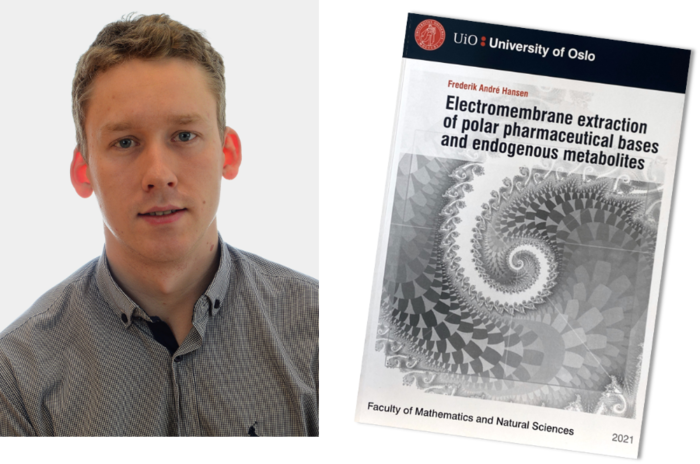Previous use of electromembrane extraction (EME) show promising results when pharmaceuticals are extracted from blood and urine samples. As EME offers advantages to traditional sample preparation, the technique has potential for routine bioanalytical measurements in the future. However, all current EME data are generated with laboratory-made equipment, as no standardized device is available. If EME is to be implemented in a routine setting, a commercially available EME device is required. In a recent paper, we tested a prototype for such device at a clinical laboratory. The device was used to extract psychoactive drugs from serum, and the developed EME-UHPLC-MS/MS method was fully validated and compared to the well-established routine method at the Department of Clinical Pharmacology at St. Olav’s University Hospital (Trondheim, Norway).
Read more about EME taking the step into clinical laboratories…
